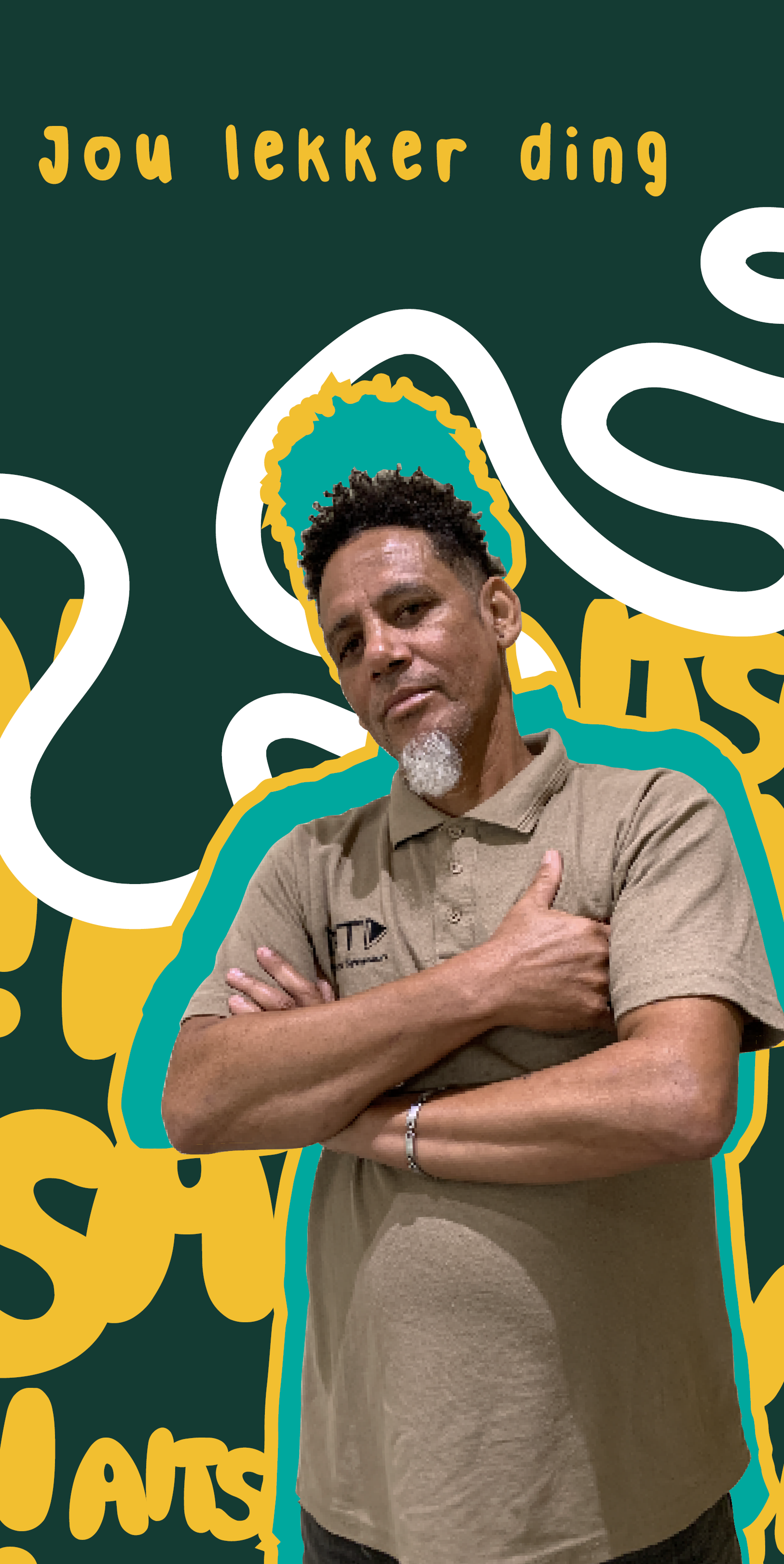
The Deputy Head of Mission of the German Embassy in Namibia, Florian Seitz, participated on behalf of the Federal Government of Germany in the launch event for the 3rd call for applications under the Youth for Green Hydrogen (Y4H2) TVET Scholarship Programme in Gibeon recently.
This new round of scholarships is specifically aimed at supporting youth from the Hardap and ?Kharas regions, key areas for Namibia’s green hydrogen development. In his address, Mr. Seitz highlighted Namibia’s vast potential for green hydrogen production and commended the country’s vision and commitment in shaping a sustainable future. “Germany is proud to be part of this journey,” he said. “This program is an important training initiative but it also reflects Germany’s strong political commitment to Namibia and its future. These scholarships are 100% funded by the German taxpayer— a further proof of our special partnership.”
The newly launched scholarship call—worth €1.2 million provided by the Federal Ministry of Research, Technology and Space—will offer 70 to 80 young Namibians the opportunity to gain practical training in critical trades such as solar technology, welding, electrics, mechatronics, plumbing, and industrial mechanics. To date, over 150 Namibian youth have benefited from green hydrogen-related scholarships, with several having already completed their studies.
Seitz also reaffirmed Germany’s long-standing development support, noting that Namibia receives the highest per capita development funding from Germany in Africa, totalling over €1.6 billion since independence. The Deputy Head of Mission concluded by thanking the Namibian Government, the Namibian Green Hydrogen Programme and the implementing partner SASSCAL for their continued partnership, stating: “We are investing together—not just in infrastructure, but in the skills of people and in Namibia’s green energy future.”
This new round of scholarships is specifically aimed at supporting youth from the Hardap and ?Kharas regions, key areas for Namibia’s green hydrogen development. In his address, Mr. Seitz highlighted Namibia’s vast potential for green hydrogen production and commended the country’s vision and commitment in shaping a sustainable future. “Germany is proud to be part of this journey,” he said. “This program is an important training initiative but it also reflects Germany’s strong political commitment to Namibia and its future. These scholarships are 100% funded by the German taxpayer— a further proof of our special partnership.”
The newly launched scholarship call—worth €1.2 million provided by the Federal Ministry of Research, Technology and Space—will offer 70 to 80 young Namibians the opportunity to gain practical training in critical trades such as solar technology, welding, electrics, mechatronics, plumbing, and industrial mechanics. To date, over 150 Namibian youth have benefited from green hydrogen-related scholarships, with several having already completed their studies.
Seitz also reaffirmed Germany’s long-standing development support, noting that Namibia receives the highest per capita development funding from Germany in Africa, totalling over €1.6 billion since independence. The Deputy Head of Mission concluded by thanking the Namibian Government, the Namibian Green Hydrogen Programme and the implementing partner SASSCAL for their continued partnership, stating: “We are investing together—not just in infrastructure, but in the skills of people and in Namibia’s green energy future.”

















